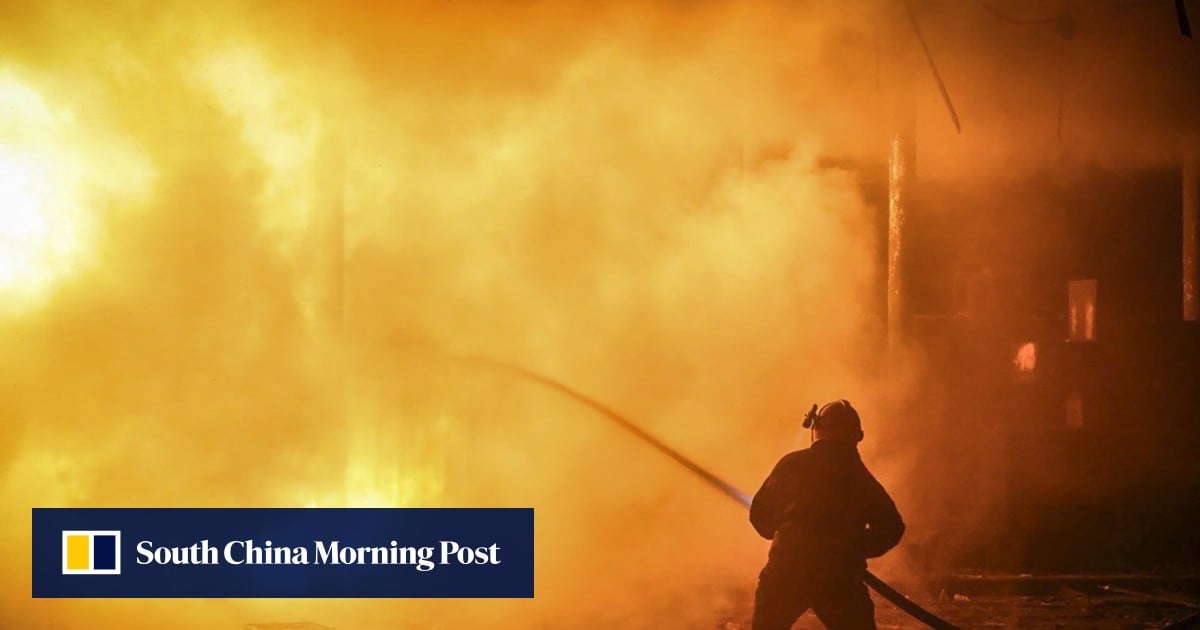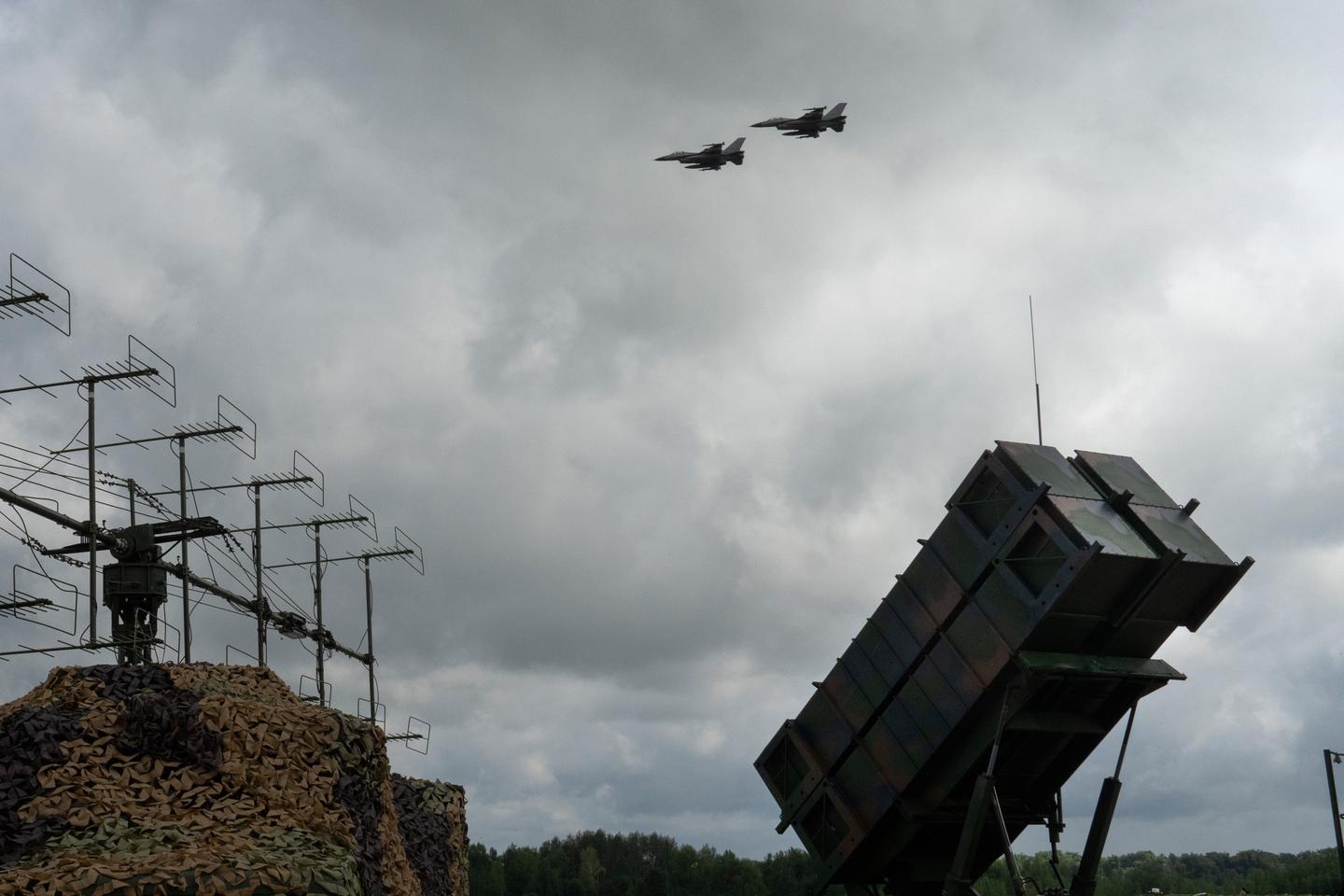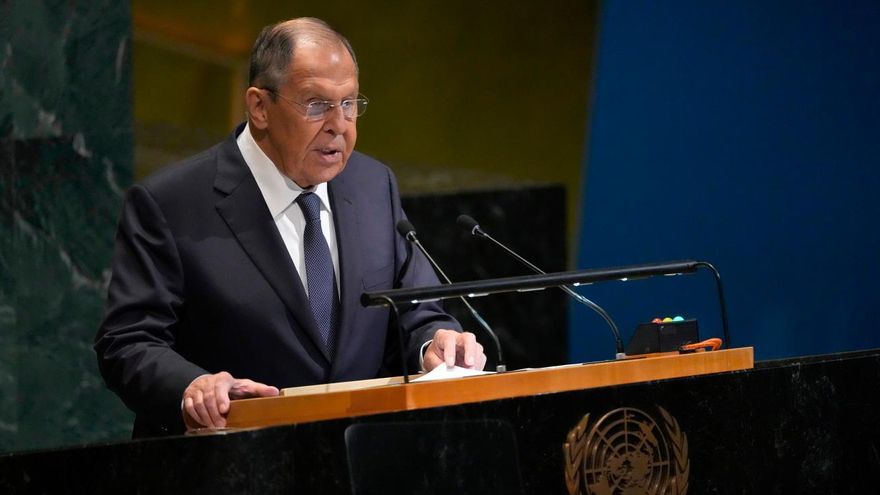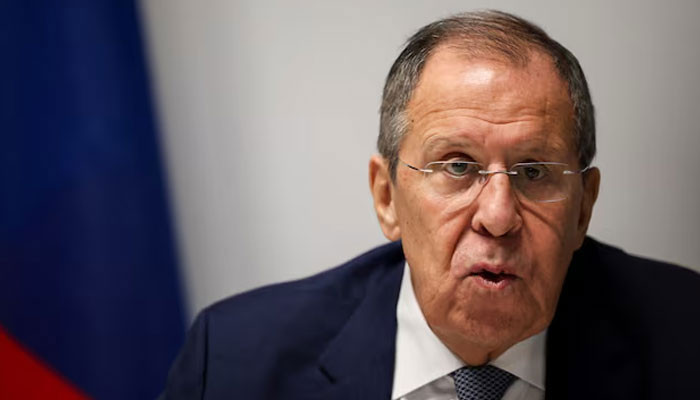Tensions Surge as Russia Warns NATO, Ukraine Receives Patriot System
Amid escalating tensions, Russia has issued a warning to NATO powers considering stronger responses to alleged incursions, while Ukraine announced it received a US-made Patriot system for enhanced defense. These developments occur against a backdrop of increasing airspace violations and heightened military activity, prompting concerns of further escalation between Russia and the West.
Russian Warnings and NATO Response
Foreign Minister Sergei Lavrov addressed the UN General Assembly, dismissing accusations that Russia plans to attack NATO or EU countries. "Russia has never had and does not have any such intentions. However, any aggression against my country will be met with a decisive response," he stated. This warning comes as NATO considers its response to recent airspace violations by Russian aircraft, with some members contemplating shooting down intruding planes.
Donald Trump, despite previous warm ties with Vladimir Putin, has also voiced support for downing Russian planes entering NATO airspace, adding further complexity to the situation. Despite some mixed messages, Lavrov praised Trump's administration for seeking pragmatic cooperation and realistic solutions to the Ukrainian crisis.
Ukraine Strengthens Defenses with Patriot System
Ukrainian President Volodymyr Zelenskyy announced that Ukraine has received a US-made Patriot anti-missile defense system from Israel. “The Israeli (Patriot) system is operating in Ukraine. It has been operating for a month. We will receive two Patriot systems in the fall," Zelenskyy told reporters. This deployment aims to bolster Ukraine's air defenses against ongoing Russian drone and missile attacks, particularly targeting critical infrastructure.
Kyiv is prioritizing strengthening its air defenses, especially before winter, as Russian attacks frequently target heating infrastructure. While Israel maintains close ties with the US, it has attempted to maintain cordial relations with Moscow due to its regional influence, particularly in Syria. However, Israel has declined to provide Ukraine with its advanced Iron Dome defense system.
NATO's "Neptune Strike" and Increased Military Activity
Amid rising tensions, NATO has launched "Neptune Strike," a multinational operation centered around the USS Gerald R. Ford aircraft carrier in the North Sea. This deployment is seen as a demonstration of NATO's resolve in the face of recent Russian incursions into member states' airspace. NATO jets have been conducting assignments in Eastern Europe, highlighting the alliance's readiness to respond to potential threats.
Despite being planned in advance, the exercise underscores NATO's commitment to collective defense. Rear Adm. Paul Lanzilotta, the Ford carrier strike group commander, emphasized that NATO operates as a defensive alliance, demonstrating its capabilities through coordinated maneuvers. President Trump has indicated that NATO countries should potentially shoot down Russian military aircraft if airspace is violated. NATO officials gathered at the UN General Assembly condemned the Kremlin for escalating incidents and promised to defend the alliance.
Escalating Tensions and Potential for Further Conflict
The situation remains volatile, with accusations of airspace violations and increased military activity on both sides. NATO is considering a firmer response to Russian actions, raising concerns about a potential escalation of the conflict. Czech President Petr Pavel stated that NATO must respond forcefully to Russian violations and didn't rule out the possibility of shooting down Russian Jets.
The Zaporizhzhia nuclear plant, the largest in Europe, has been off the grid for four consecutive days, the longest outage since Russia's invasion, further exacerbating the already tense situation. The ongoing conflict in Ukraine, coupled with heightened tensions between Russia and NATO, underscores the need for de-escalation efforts and diplomatic solutions to prevent further escalation in the region.
 Visit the website
Visit the website





